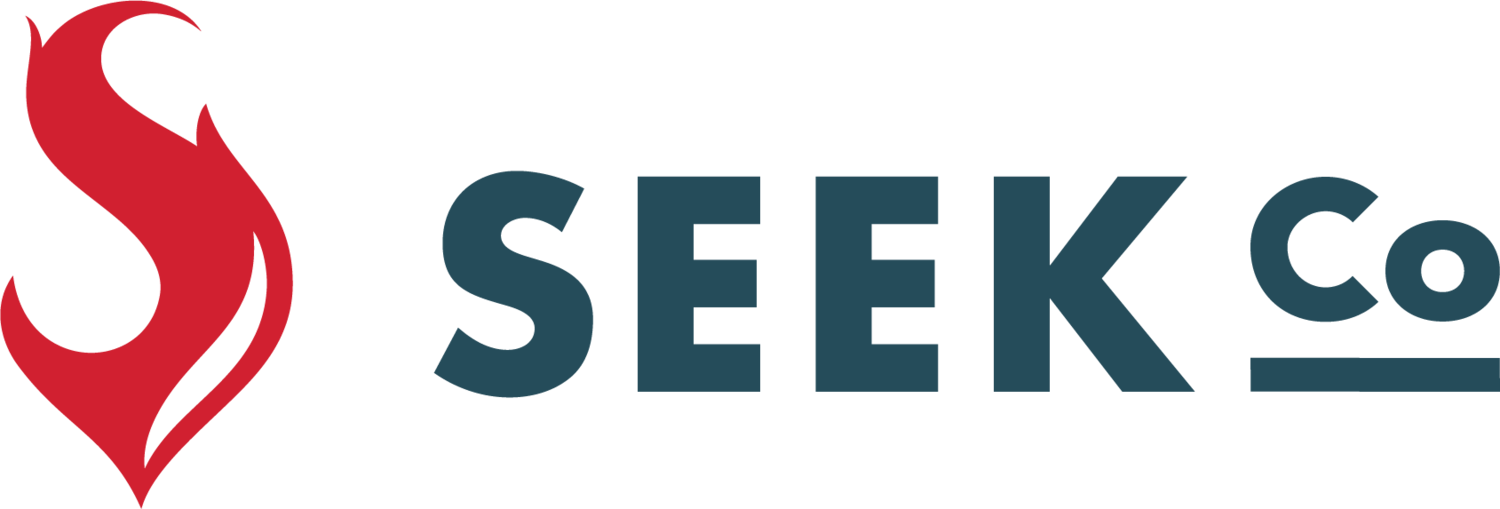The Power of Human Stories in Healthcare
Humans are storytelling creatures preeminently. We organize the world as a set of tales. How, then, can a person make any sense of his confusing environment if he cannot comprehend stories or surmise human intentions?
- Dr. Oliver Sacks, On the Move: A Life
Those of us who work in the healthcare space get to see the practitioners and front-line workers who show up every day, driven by passion to heal and willing to face risk and daunting challenges. With the ever-increasing burden on the system, the shortages and outages, and the increasing feeling that practitioners are having their “hands tied” by insurance and access, one has to wonder: what keeps them in it every day? Why do they fight so hard against a system that just seems to make life harder for them?
Simply noting payscale or prestige is no longer a sufficient explanation. Gone are the days when doctors were local celebrities, and the cost of medical school and ongoing training often leaves doctors decades into practice before getting out of debt. I have been marveling at the remarkable dedication I see, the relentless pursuit of innovation in their specialties, and the willingness to question even their most long-held protocols as new information and guidelines are released. As I interviewed doctor after doctor, nurse after nurse, I kept wondering why do you work so hard for your patients? So I did what any researcher would do: I asked them.
And certainly, I initially got some of the answers I anticipated. I got into this business to help people. I am fascinated by complex problems. I delight in the before/after experience of healing. But I didn’t wholly believe it… I know enough about how our minds and motivations work to know that vague missions and small periodic delights rarely keep us motivated through long periods of hardship. What was truly illuminating were the answers to my follow-up question: what kept you motivated this week?
Inevitably, at this level of tangible recall I no longer got vague recitations of the arc of the Hippocratic Oath. What I got were specific human stories.
“I had a woman in my ICU,” one cardiologist began, “and she had been fine two days ago. She had her two kids looking at me, wondering how she could be so sick now. I thought they deserved an answer.”
“He was my youngest cancer patient in years, and he was willing to fight” an oncologist and researcher told me. “I called three colleagues and we brought him in to what was essentially a makeshift multidisciplinary clinic. We looked at the scans, we talked about the options together, we laid it all out. He deserved that… he deserved all of us, and he deserved the time.”
“I will never forget my first patient who died at home because of a medication shortage,” recalled an endocrinologist. “It didn’t have to happen that way. I made appeal calls with insurance companies for two whole days this week because I will never forget that feeling… I will never forget her.”
It’s not just healthcare practitioners who are driven by individual human stories. We use logic, reason, precedent and weighed information to make decisions, sure. At least in part. But what motivates us to make change, to get up and do the hard work of parsing out those choices are stories. Stories have a way of embedding themselves not just in our minds, but in our hearts and ultimately in our guts… they are sticky in a way that missions and algorithms and case studies aren’t. We may work with data, but we work for people, trying to make a difference we ourselves can feel. Responding to a story to try to change its ending.
For those of you who work in any facet of healthcare, whether on the front line or in marketing / research, my encouragement this week is this: tell a human healthcare story. Take three minutes at the front of your presentation, your consult, your tumor board, or your rounds to tell a story of a human being who needed care. It could be one with a happy ending; that time you or a colleague broke through with the right treatment, the time your market research led to a behavior change with a specific patient, the time your team reached the right person with the right drug at the right time. Or it could be a story left with a difficult human tension: the patient who didn’t get what they needed, the system that let someone through the cracks, the therapy that couldn’t get the purchase it deserved. Begin to normalize storytelling in your work; slow down to tell a real, specific story that puts the complexity of human need at the center of the day’s work. Yes, time is tight, and yes, those couple minutes may feel tough in the midst of all of the data transfer and case histories and meetings. But stories stick, stories motivate, stories organize, and stories rally. Tell a story about a real person, and watch how motivation for change becomes a lot more real in turn.

